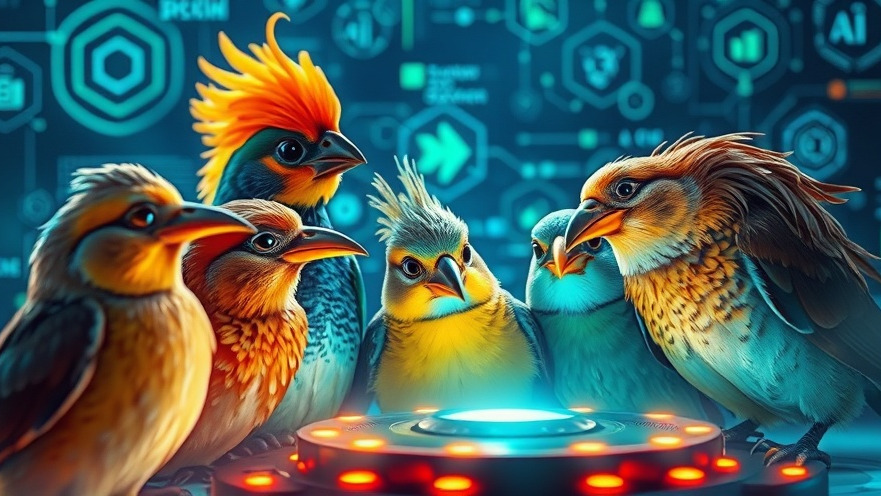
China's Ambitious Proposal for Global AI Cooperation
In an era defined by rapid technological advancements, China has come forward with a significant proposal aimed at fostering global cooperation in the field of artificial intelligence (AI). Districting a vision that not only seeks to harness AI's potential but also to moralize its application, this initiative could reshape the international landscape of AI governance and ethical standards.
The Need for Global AI Frameworks
As AI technology continues to advance at breakneck speed, the necessity for comprehensive international frameworks becomes increasingly evident. Countries around the world, including the United States and members of the European Union, have begun exploring their own regulatory measures for AI use, focusing on oversight, ethical considerations, and societal impacts. China's proposition is designed to create a platform for collaborative dialogue among nations to address these pressing issues.
AI Principles: What China Proposes
China's framework emphasizes mutual respect and equality in technological advancement among nations. This approach advocates for shared responsibilities in managing AI technologies while promoting responsible innovation that benefits all. Central to this dialogue is the idea of “AI for Good,” which seeks to drive social development, mitigate risks and ensure technology addresses global challenges, such as climate change and healthcare crises.
Counterarguments and Diverse Perspectives
While the proposal has been welcomed by some as a progressive step towards creating a unified global AI strategy, it has also faced skepticism. Critics argue that China could use such a framework to exert influence over global AI standards, potentially prioritizing state control over ethical guidelines. Proponents, however, assert that cooperative frameworks can lead to a more inclusive and equitable distribution of AI advancements.
The Bigger Picture: The Future of AI Global Governance
As we delve deeper into AI's transformative power, it's crucial to recognize that the future of technology hinges on how well we can collaboratively manage it. With AI technologies projected to contribute nearly $15.7 trillion to the global economy by 2030, countries must establish robust frameworks to address ethical dilemmas and societal impacts. This proposal could serve as a cornerstone for forging partnerships that transcend borders and foster collaborative innovations in AI.
Decisions You Can Make With This Information
For citizens and professionals passionate about the future of AI, engaging with these discussions now can lay the groundwork for impactful participation in tech environments. Learning about AI principles, ethics, and practices in international contexts can enhance your understanding and prepare you to contribute to meaningful dialogues about the technology shaping our lives.
As this proposal unfolds, it is essential for individuals, particularly those interested in AI, to stay informed about the evolving landscape. Will this be the era of collaborative technological governance, or will nations persist in isolating themselves with rigid standards? How we respond today may very well dictate the trajectory of AI governance for generations to come.
 Add Row
Add Row  Add
Add 




Write A Comment